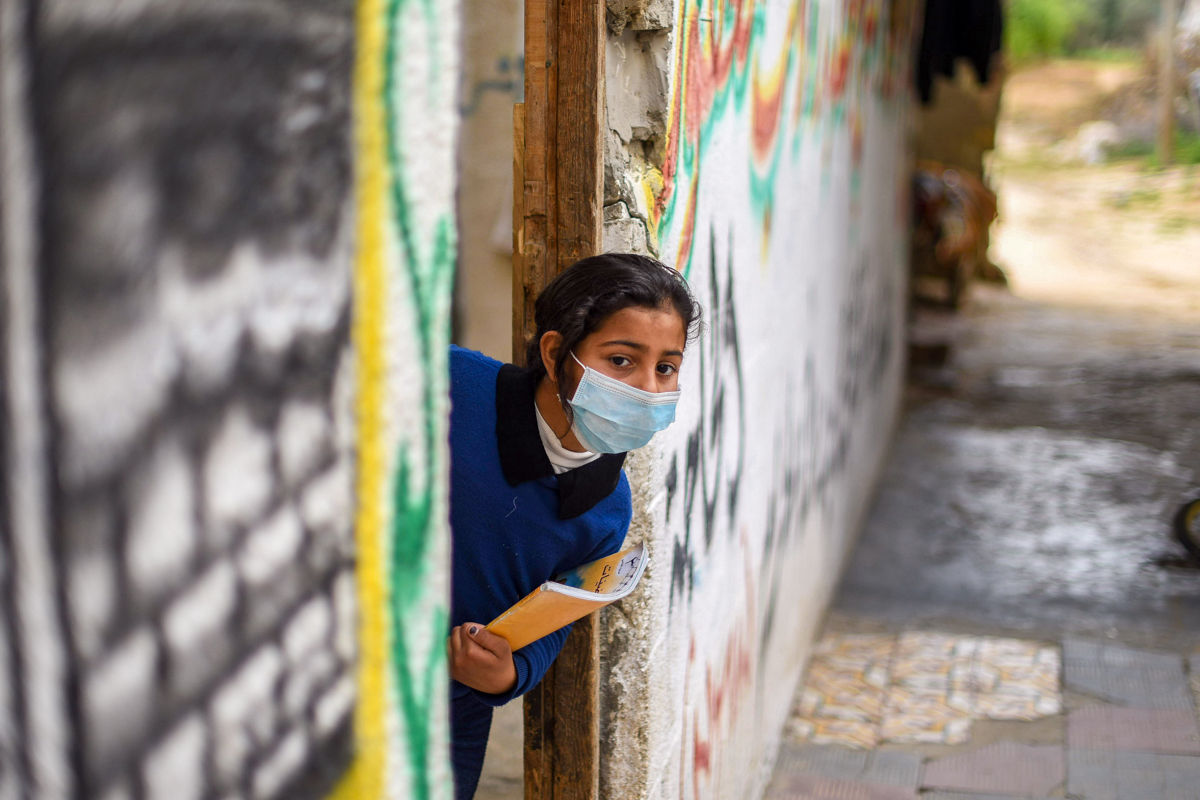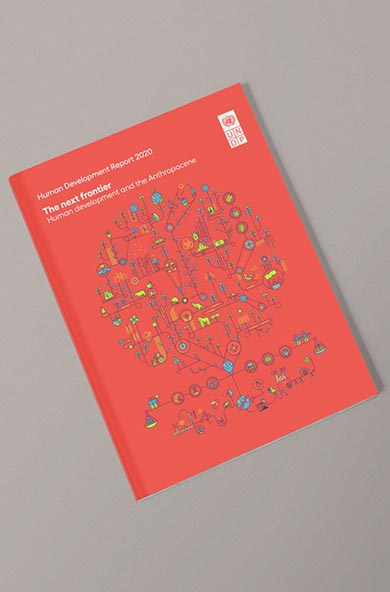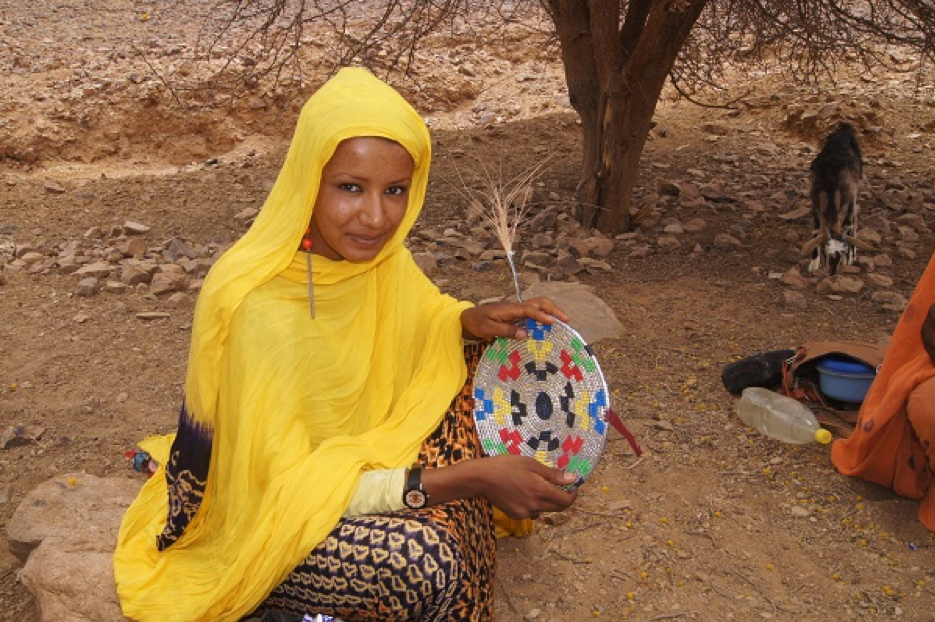The Minister of Communications and Information Technology Amr Talaat met with Avaya Egypt and Libya Country Manager Ahmed Fayed and the UNDP Resident Representative in Egypt Randa Aboul-Hosn.
The Minister of Communications and Information Technology Amr Talaat has met with Avaya Egypt and Libya Country Manager Ahmed Fayed and the United Nations Development Programme (UNDP) Resident Representative in Egypt Randa Aboul-Hosn.
They witnessed the launching of an automated testing service of Coronavirus Disease (COVID-19) symptoms through a chatbot that uses the sign language, capitalizing on Artificial Intelligence (AI). The service is enabled to the deaf and hard of hearing through Wasel mobile application and Tamkeen website.
This comes as part of the efforts of the Ministry of Communications and Information Technology (MCIT) to support the State’s plan for overcoming COVID-19, and in light of its strategy for using IT to create an inclusive society of all its segments.
The meeting was attended by the Director of Social Responsibility and Community Services at MCIT Noha Rabie.
Talaat stated that launching the service comes within the framework of the cooperation between MCIT, UNDP and Avaya, for raising community health awareness of COVID-19 symptoms among the deaf and hard of hearing, using smart technologies. He added that this first of its kind service in the Arab World and Africa comes in addition to the service of answering the hard of hearing’s inquiries on COVID-19, one of MCIT activities to reach all segments of society, provide technical support to face the current crisis and keep citizens safe.
For her part, Aboul-Hosn underlined the significance of using IT and highly accessible technologies to reach the Persons with Disabilities (PwDs) and reduce the negative impact of COVID-19 on them. The partnership with MCIT and Avaya will help provide a user-friendly technology, designed to help the deaf and hard of hearing overcome COVID-19, added Aboul-Hosn.
Fayed said that the new service reflects the great and remarkable attention that Egypt gives to all the segments of society, especially during this critical time. He added that Avaya is proud that MCIT and UNDP trust in its potential to provide the service that uses technology to protect the society. He also said that this step reflects the keenness of both Egypt and UNDP to embrace all segments of society, provide effective digital tools to curb the spread of COVID-19 and protect the community at large.
It is worth mentioning that MCIT launched the National Relay Center for Deaf and Hard of Hearing, in implementation of the presidential initiative for including and empowering PwDs using ICT. The Center is one of a kind in the Arab World, the Middle East and Africa. It provides complete technological solutions, serving as a call center that connects the persons with hearing and speech impairments with emergency services, like the ambulance, the police emergency and firefighting services.
The Center launched a service for answering the deaf and hard of hearing’s inquiries on COVID-19 through “Wasel” application. The service is available 24/7, including providing support to those experiencing COVID-19 symptoms, through connecting them to the responsible government agency to receive the necessary care. The application is available on Google Play and Tamkeen.

 Locations
Locations

















